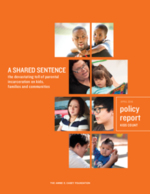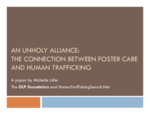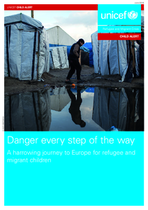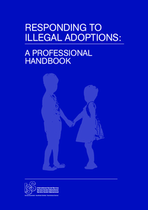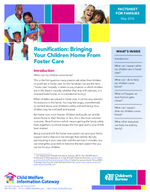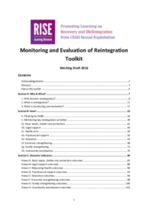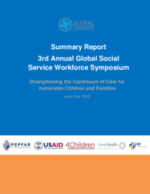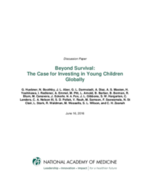A Shared Sentence: The devastating toll of parental incarceration on kids, families and communities
This policy report from Kids Count outlines the impacts that parental incarceration has on children, and on communities as a whole, particularly in the context of mass incarceration in the United States. The report concludes with recommendations for investing in families to mediate the detrimental effects of parental incarceration, which disproportionately affects people of color in the United States.

